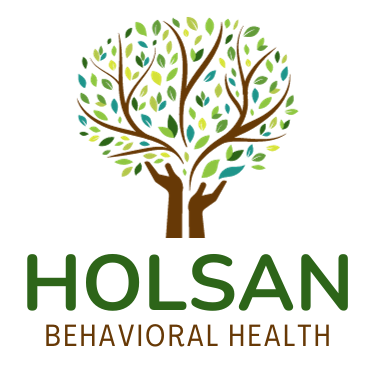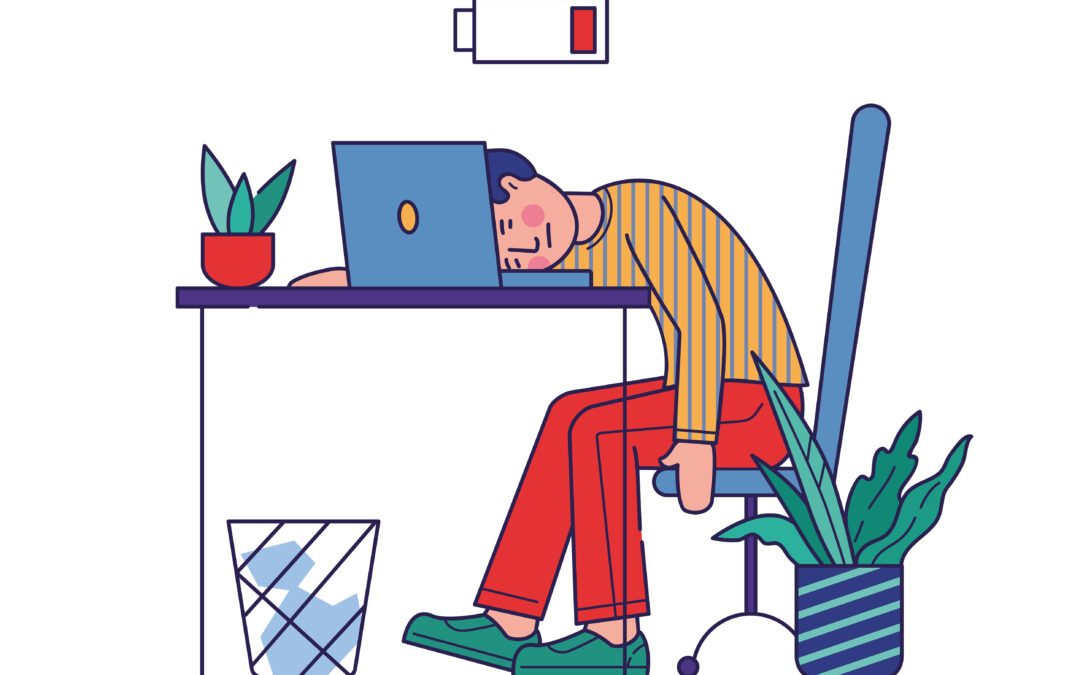We all experience stress—it’s part of life. But when stress becomes overwhelming and constant, it can lead to something much more serious: emotional burnout. Emotional burnout is a state of physical, emotional, and mental exhaustion caused by prolonged and excessive stress. It often sneaks up on people, especially those who are constantly pushing themselves to meet deadlines, take care of others, or manage high emotional loads.
Recognizing the early signs of burnout is essential for taking proactive steps toward recovery. Here are 8 key signs that you might be experiencing emotional burnout—and what you can do about it.
1. Constant Fatigue, Even After Rest
Burnout doesn’t feel like regular tiredness. It’s the kind of exhaustion that doesn’t go away after a good night’s sleep. If you wake up tired, feel drained by mid-morning, or find it difficult to make it through the day despite resting, it could be more than just stress—it might be emotional burnout (Maslach & Leiter, 2016).
2. Feeling Detached or Emotionally Numb
Do you feel like you’re just “going through the motions”? Emotional burnout often leads to a sense of emotional detachment. You might stop feeling joy in things you once loved or become indifferent toward people or situations that used to matter to you. It’s as if your emotions have shut down to protect you from further overwhelm (WHO, 2019).
3. Increased Irritability or Mood Swings
When you’re emotionally burnt out, your patience wears thin. You may find yourself snapping at others, feeling easily frustrated, or having mood swings that feel out of character. This is your nervous system’s way of signaling that it’s overwhelmed and depleted (Smith et al., 2023).
4. Difficulty Concentrating or Forgetfulness
Burnout affects your cognitive function. If you’re having a hard time focusing, making decisions, or remembering simple things, emotional burnout could be interfering with your brain’s ability to process and retain information (Deligkaris et al., 2014).
5. Sleep Disturbances
Whether it’s trouble falling asleep, staying asleep, or waking up feeling unrested, changes in your sleep pattern are a major red flag. Stress hormones like cortisol disrupt your sleep cycle, and over time, this can lead to insomnia or chronic fatigue (Melamed et al., 2006).
6. Physical Symptoms With No Clear Cause
Emotional burnout doesn’t just affect your mind—it impacts your body too. You may experience headaches, stomach issues, muscle pain, or frequent colds. When your body is under constant stress, it lowers your immune response and increases inflammation (Maslach & Leiter, 2016).
7. A Decline in Performance or Motivation
Whether at work, in school, or in personal relationships, burnout can diminish your ability to stay motivated. Tasks that used to feel manageable may now feel overwhelming, and even small responsibilities can seem like too much (Bianchi et al., 2015).
8. Withdrawal from Social Interactions
If you find yourself avoiding phone calls, canceling plans, or not having the energy to be around others, emotional burnout could be to blame. Isolation often becomes a coping mechanism, but in the long term, it can deepen feelings of loneliness and depression (WHO, 2019).
What Can You Do About Emotional Burnout?
Recognizing the signs is the first step. Here’s how to begin your recovery:
- Prioritize self-care. This isn’t about luxury—it’s about survival. Make time for sleep, nutritious food, movement, and activities that bring you joy.
- Set boundaries. Learn to say no and protect your time and energy.
- Talk to someone. Speaking with a licensed therapist can help you process what you’re feeling and find tools to cope.
- Reconnect with your purpose. When burnout dims your sense of meaning, finding small ways to connect to your “why” can be healing.
At Holsan Behavioral Health, we understand how overwhelming emotional burnout can feel. That’s why we offer compassionate, individualized care to support you on your path to recovery.
Click here to learn more about how Holsan Behavioral Health can support your mental wellness.
You Don’t Have to Handle This Alone
Emotional burnout is more than just being tired—it’s a signal that something deeper needs your attention. If these signs feel familiar, take it as a cue to pause, reflect, and seek support. You deserve rest, healing, and a life that doesn’t just feel survivable—but meaningful and fulfilling.
References
- Bianchi, R., Schonfeld, I. S., & Laurent, E. (2015). Burnout–depression overlap: A review. Clinical Psychology Review, 36, 28–41. https://doi.org/10.1016/j.cpr.2015.01.004
- Deligkaris, P., Panagopoulou, E., Montgomery, A. J., & Masoura, E. (2014). Job burnout and cognitive functioning: A systematic review. Work & Stress, 28(2), 107–123. https://doi.org/10.1080/02678373.2014.909545
- Maslach, C., & Leiter, M. P. (2016). Understanding the burnout experience: Recent research and its implications for psychiatry. World Psychiatry, 15(2), 103–111. https://doi.org/10.1002/wps.20311
- Melamed, S., Shirom, A., Toker, S., Berliner, S., & Shapira, I. (2006). Burnout and risk of cardiovascular disease: Evidence, possible causal paths, and promising research directions. Psychological Bulletin, 132(3), 327–353. https://doi.org/10.1037/0033-2909.132.3.327
- Smith, D. R., Jones, M. E., & Lee, T. K. (2023). Emotional burnout in modern work environments: Causes, consequences, and interventions. Journal of Mental Health and Wellbeing, 9(1), 45–61.
- World Health Organization. (2019). Burn-out an “occupational phenomenon”: International Classification of Diseases. https://www.who.int/news/item/28-05-2019-burn-out-an-occupational-phenomenon-international-classification-of-diseases

